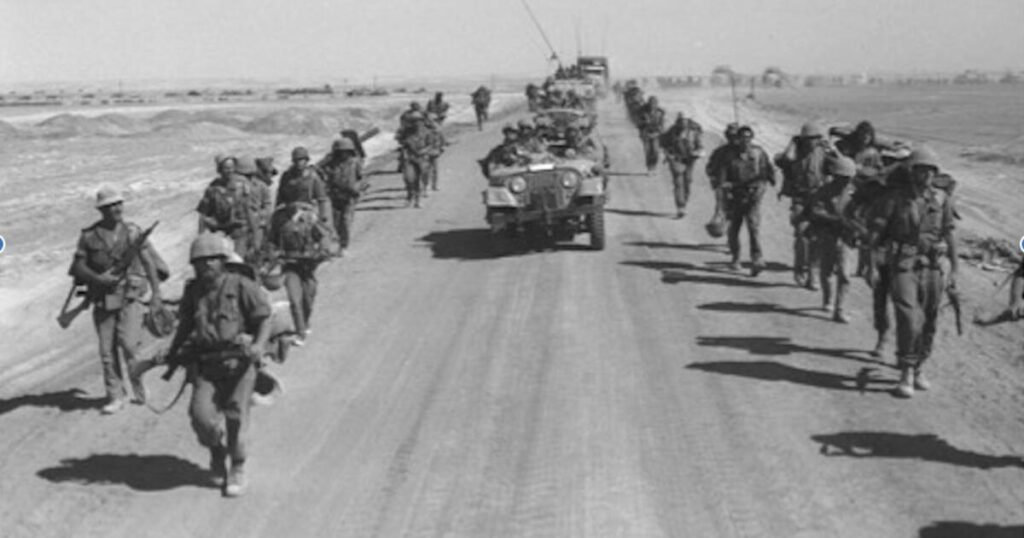🌒 The Yom Kippur War and the Arab Oil Embargo: A Global Tipping Point
In October 1973, the world witnessed a stunning double shock—the eruption of the Yom Kippur War on the battlefields of the Middle East, and the unleashing of the Arab oil embargo on the global economy. As Egyptian and Syrian forces launched a surprise attack against Israel, the geopolitical fault lines of the Cold War shook. But it wasn’t just tanks and fighter jets that would decide the future. Behind the scenes, oil—long taken for granted—was about to become the most powerful weapon of all. In a matter of weeks, the energy-rich Arab nations would transform the global order, bringing the industrialized West to its knees without firing a single shot.

🛢️ Turning Off the Taps
When the United States and several Western nations openly supported Israel with military aid, the oil-producing Arab states responded with unprecedented force. On October 17, 1973, members of the Organization of Arab Petroleum Exporting Countries (OAPEC) declared an oil embargo against nations backing Israel.
Production was slashed. Shipments halted. Prices soared.
The Arab world, often dismissed as powerless pawns in Cold War games, had found a lever strong enough to move the global economy—and they pulled it.
⛽ A Crisis at the Pump
The fallout was immediate and visceral.
Gas stations across the United States ran dry. Long lines of frustrated drivers wrapped around blocks, waiting hours for a few precious gallons. “No Gas Today” signs became grim daily reminders of the new reality.
In Europe, Sunday driving bans were imposed. In Japan, neon city lights dimmed early. For the first time in decades, the modern world tasted energy insecurity—and it wasn’t prepared.
🕌 Arab Oil Power Ascends
The Arab oil embargo was about more than punishing Israel’s allies—it was about redefining power dynamics. Arab nations realized that controlling oil supplies gave them political leverage unlike anything seen before.
Oil prices quadrupled within months, skyrocketing from about $3 to nearly $12 a barrel. Wealth flooded into OPEC nations, transforming desert economies almost overnight. Skyscrapers rose in places once ruled by tents. Financial centers in Riyadh, Kuwait City, and Abu Dhabi began their meteoric rise.
For the West, the era of cheap, endless oil was over.
🔚 The Shockwaves That Never Stopped
The 1973 oil shock had lasting effects that reshaped the world:
- Strategic petroleum reserves were established to guard against future supply disruptions.
- Energy conservation became a national priority, with new vehicle fuel efficiency standards and speed limit laws.
- Foreign policy shifted, with oil security becoming a central pillar of diplomatic strategy.
The Yom Kippur War ended after less than a month. But the true battle—the one over energy security and economic control—had just begun. And its echoes still shape the energy world today.
